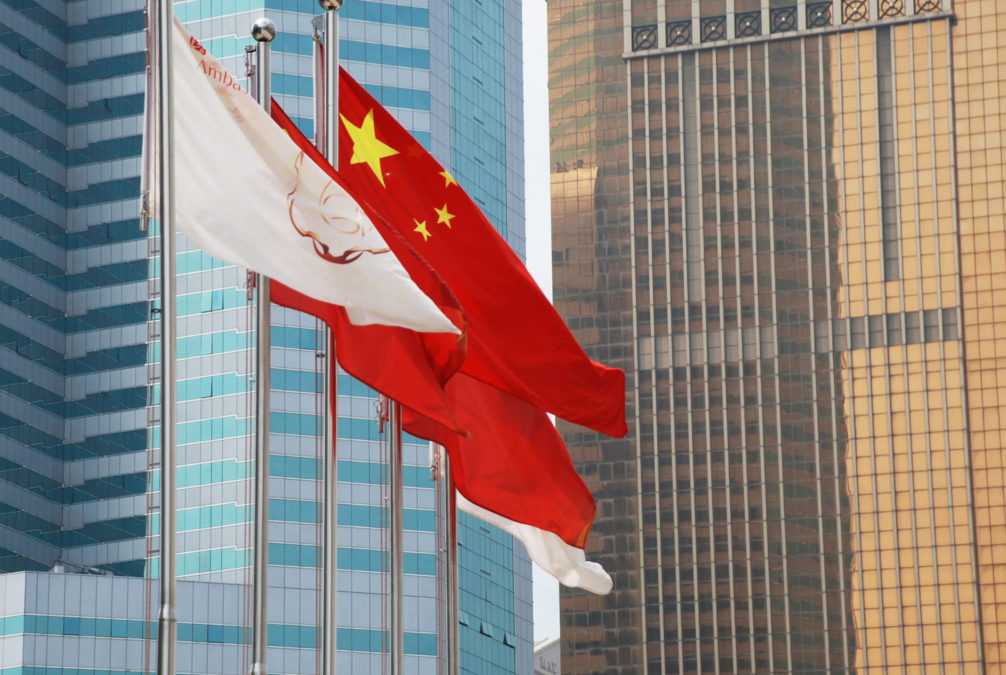China's revised patent rules adjust process for applications focused on blockchain, AI


China’s State Intellectual Property Office has revised its guidebook to specify patent examination procedures regarding new technologies like blockchain.
Effective Feb. 1 2020, patent applications concerning blockchain technology, artificial intelligence and Big Data (among others) will be subject to the new regulation, according to the office’s announcement.
When examining the novelty of an invention patent that touches on algorithms or business rules, the revised guidebook says, the office should not treat any technical feature as an isolated item. Rather, it should consider the proposed technology, the challenges it seeks to address, and the expected technical outcomes as a package and make decisions accordingly.
By the end of 2019, China has seen more than 12,300 blockchain-related patents submitted, records from global patent database incoPat show. In 2019 alone, there were over 4,295 patent applications pertaining to blockchain technology, with Tencent, Alibaba, and ReeChain constituting the top three applicants.
The goal of the latest revision is to streamline the patent application process when it comes to new technologies and strengthen patent enforcement in this regard, experts told Chinese news outlet Mars Finance.







